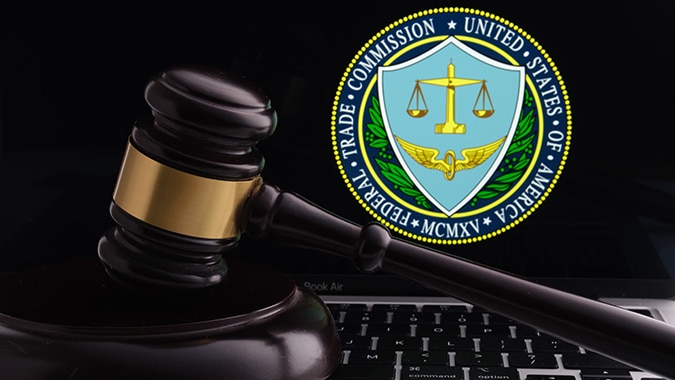In a written response to the state Department of Environmental Protection’s closure of a state permit application last week, PennEast Pipeline has informed the agency that its action was incorrect based on the DEP’s own rules.
In a 7-page letter sent to the DEP on Oct. 11, PennEast explained that the application had already been “deemed administratively and technically complete based on the Department’s failure to respond within the time period allowed by the Department’s own regulations.”
“NJDEP fully acknowledged in its rejection letter that PennEast had cured all items related to administrative completeness, but flagrantly flaunted its own rules by not issuing the administrative completeness determination,” PennEast said in a statement.
The DEP had previously determined that a federal appeals court ruling last month prohibited PennEast from acquiring easements on 42 state properties, undermining the company’s authority to submit an application for review. PennEast noted, however, that the DEP should understand that an appeal is not a legal bar to review of a permit application.
The proposed 120-mile natural gas pipeline would start in Pennsylvania and end in New Jersey.
The Pennsylvania Department of Environmental Protection granted permits for the project in 2017, and the Federal Energy Regulatory Commission approved the project in January 2018. While about two-thirds of the route is located in Pennsylvania, New Jersey consumers would largely benefit from the energy supplies created.
PennEast said it remains “confident the legal actions will be resolved favorably,” and its member companies remain fully committed to the project.
NJBIA has supported the PennEast Pipeline project as it will provide New Jersey with a competitive advantage, create good jobs and deliver affordable energy to all industries across the state.
“This dispute further delays access to low-cost energy for New Jersey businesses and families,” said NJBIA President and CEO Michele Siekerka. “We have already seen in New York City and surrounding areas how gas moratoriums from pipeline expansion delays have prevented new businesses from opening, denied new affordable housing developments and threatened other economic development projects.”
